Louisa Mason talks Teach First: Manchester
Student experience 24th August 2021
Louisa Mason is progressing into her third year of an undergraduate Physics with Astrophysics degree, and she is also a Student Ambassador for the Faculty of Science and Engineering. In this post, Louisa tells us about her experience of a Teach First internship at the end of her second year studies and the importance of inspiring high-school students to engage with STEM subjects.
For many high-school students, the sound of Physics, Maths or Science may not be appealing. These subjects have the notorious reputation of being tricky, with many students feeling over-faced and detached because “they’ll never use” the knowledge they learn. In Manchester, that challenge to teach STEM (science, technology, engineering, and mathematics) subjects is no exception. 1 in 5 students face barriers to learning from their background, language barriers or home situation. This will only widen the gap between those who excel in STEM and those who feel left behind.
I applied for the four-week internship with Teach First: Manchester, unsure about whether I want to be a teacher in the future or if I would like to continue with research and further education. Like most physics students, the options of employment are wide and varied and our skills with data analysis, coding and analytical thinking are in demand from finance, public services and research. I applied to try and understand the duties of teachers; is it really all marking and behaviour management?

The first week was based at Loreto College and focussed on a crash course in teacher training: safeguarding, planning, engagement and managing the classroom. Personally, I found the SEND session (Special Educational Needs & Disabilities) most informative and essential to our training. The need for SEND engagement and strategies across all student groups has grown and the COVID pandemic has highlighted the challenges students face to their education. 17% of students in Manchester have registered SEND status, but with a rise in mental health problems, the demand for adapted teaching is far greater. Teachers are required to protect and nurture all of their students, and if teaching practices encompass SEND students, no one will feel left out of the classroom. Here is my top advice from the crash course:

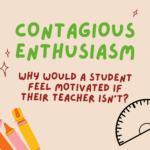
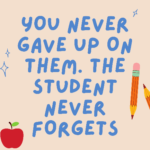

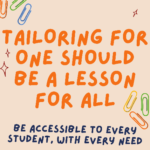
The following three weeks were spent at a high school in Wythenshawe. The school was bustling, friendly and noisy which took me by surprise at first, after a year studying largely independently. The students want to learn but managing a classroom with 30 students was no easy task. Behaviour issues weren’t helped with the additional measures put into place due to COVID; students remained in the same room for the duration of the day, they had to remain seated and wear a mask. This agitated students and reduced their concentration span. Not to mention the number of cover staff and empty classrooms due to COVID isolation.
However, we very much rose to the challenge! My fellow intern and I started our experience by talking through answers for starters, then assisting as a Teaching Assistant, and then onto teaching introductions to new topics. It became clear that students enjoyed the structures built up by their teacher over the year, and the best lessons were chunked into ten minute tasks. Tasks that take longer – especially in Maths & Science – risk losing students’ focus and derailing the lesson.
Despite the challenge, being able to make a topic engaging and interactive is a rewarding feeling. It is especially rewarding if you can see students derive key concepts or discussing the key materials themselves, instead of being told. The course suggested that a teacher’s role is to facilitate learning. We found that if teaching wasn’t self-led, motivation dived and a teacher’s job becomes so much harder.
Our highlight was creating and leading a maths roadshow, aimed at Year 9, to try to build functional maths skills and confidence in non-calculator skills. We also wanted to highlight revision strategies because mock exams and GCSE pressures can start to build when students return to school in September. We showed students how to create a knowledge organiser and then ran a treasure hunt to find notable mathematicians using what3words. I was worried that the students wouldn’t want to participate but they loved the competition and were reluctant to tidy away!
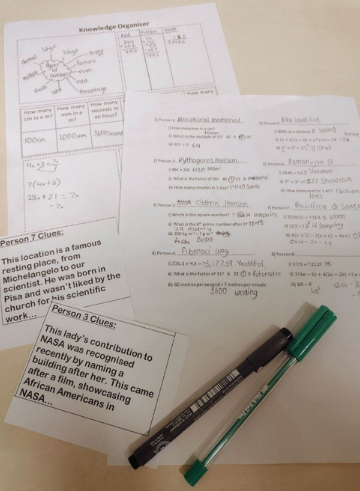
We taught ten lessons over the course of the internship – both shared and individual. All classes required classroom management to maintain a friendly but focussed environment. Some of the interns mentioned a common conception that male teachers are more respected for setting strict boundaries whereas female teachers appear mean. I didn’t experience this inequality, but I took care not to appear strict or mean. Most students respect a teacher who has clear requirements, so consistency is key!
During the last week, we participated in the Department of Education’s Get Into Teaching conference. This informed us of the multiple pathways to becoming a teacher:
- A PGCE is not the only way to get into teaching. For those who want to be paid and get stuck straight in, a Teach First scheme (also called School Direct) can enable you to do that. You would still earn your status as a qualified teacher but the observations and multiple placements would be replaced with your own classes; you would start straight away teaching in a classroom. To some, this may seem daunting. To me, this sounds exciting!
- If you are looking into becoming a teacher and would like the work experience to decide, gov.uk hosts schools looking for in-person or virtual experiences for undergraduates. This would be a great way to build up your CV and test the water before applying to teacher training courses.
- Many STEM teachers don’t directly go into teaching. Instead, it is common for teachers to take a couple of years for their Master’s, industrial experience and working in the world of research. They would then complete their teacher training and start work in schools later in their career. The advice is simple – you don’t have to go into teaching straight away! And you will have a wealth of knowledge and advice to pass onto your students when you do teach.
Overall, the scheme was well run and engaging throughout. I have experienced a real taste of being a STEM teacher, especially in an inner-city state school. I have become more aware of the barriers to learning that students might face and the necessary drive to adapt and engage with each student. With a class of 30, you may not be able to give 1 to 1 support, but you can be there when you need to be and when it matters most. Teaching will leave a legacy for the rest of a student’s life.
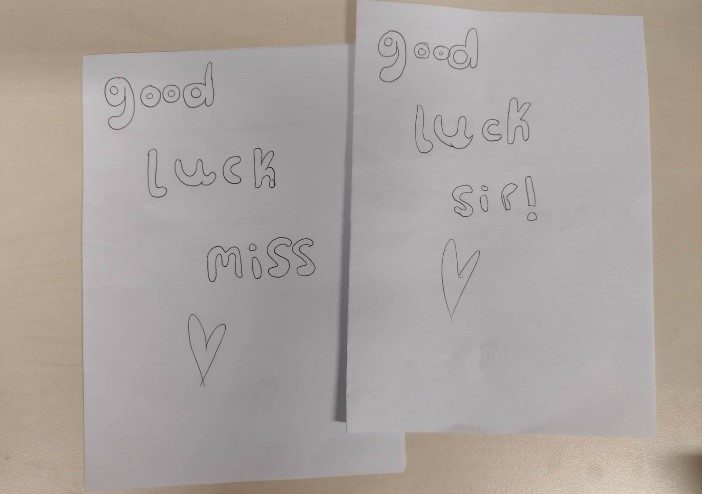
You can read more from Louisa on our blog with her student profile post and review of the Women in Physics Conference 2021.
ambassadorbiologychemistryengagementfunctional skillsmathsmaths roadshowmotivationnon-calculator skillsphysicsrevisionscienceSENDSTEMTeach Firstteacher trainingteaching assistant

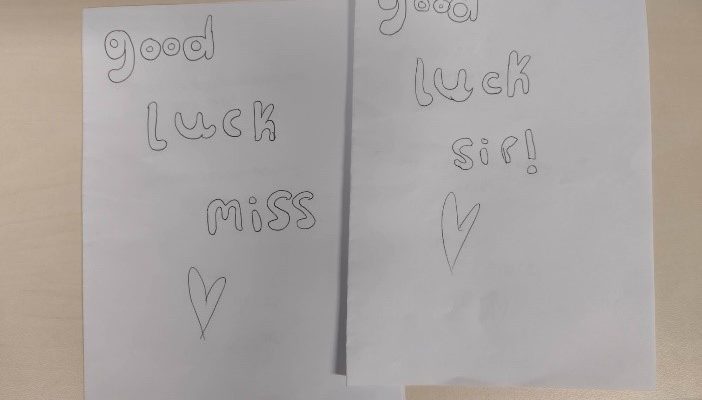
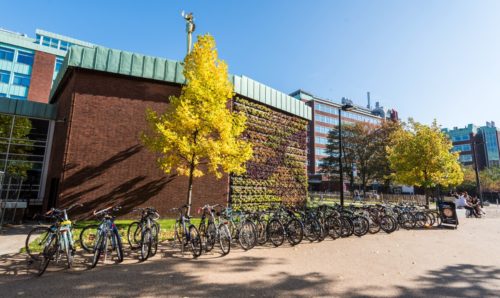
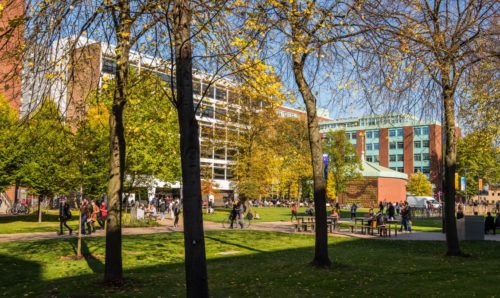
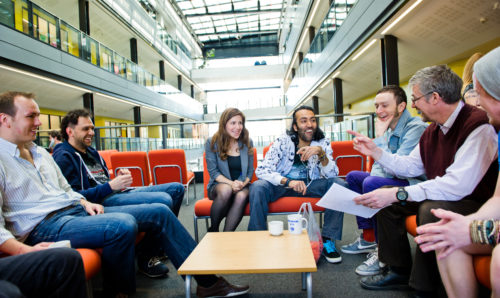
Leave a Reply